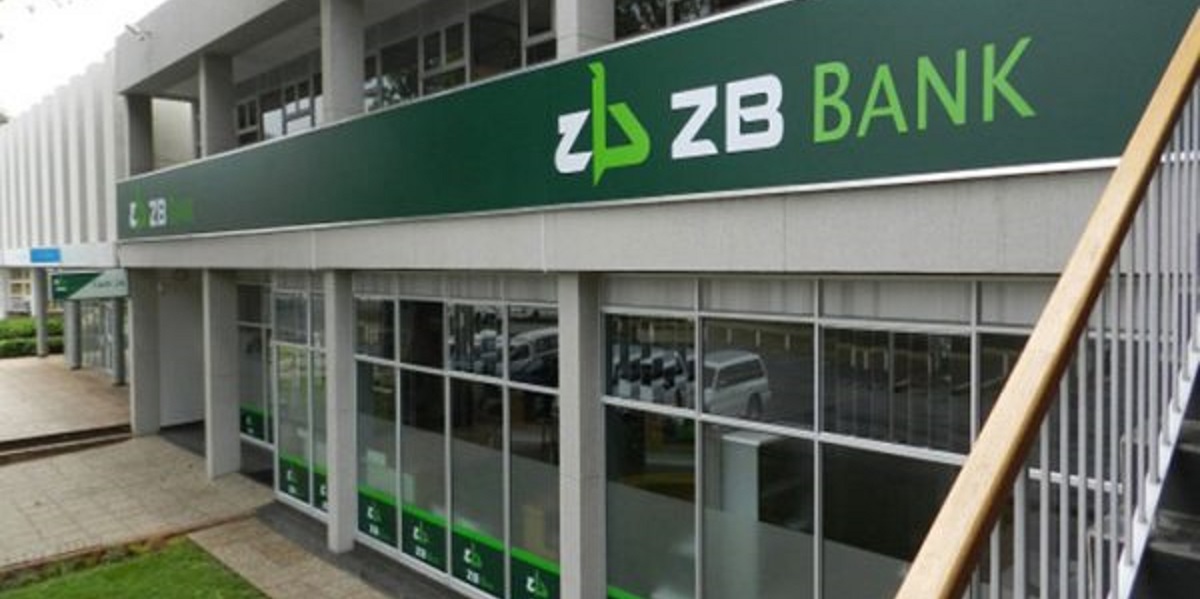Factors affecting valuation of shares or businesses
Introduction
I have previously written many articles on valuation of shares or businesses.
Valuation of shares or businesses is not scientific. It is subjective and involves making assumptions and judgements.
In this article, I wish to explain some of the key factors affecting valuation.
Purposes of valuations
Valuations are done for different purposes which the valuer has to know at the time of carrying out the valuation. Such purposes may include those summarised below.
For mergers and acquisitions.
For dispute resolutions for example under commercial arbitration.
For estate administration purposes.
Key factors affecting valuations
Some of the key factors affecting valuations of shares and businesses include the following:
Quality of historical financial information
Quality of future financial projections
Weighted Average Cost of Capital (“WACC”)
Valuation methods used
Revaluation of property, plant and equipment (“PPE”).
Completeness of liabilities.
Quality of historical financial information
Historical financial information such as the Statement of Financial Position is important when using for example the Net Assets Method as this method considers assets and liabilities as at a particular date.
Historical income statements or cashflows may also be used under certain methods such as the price — earnings, capitalisation of earnings or comparison with similar businesses.
Historical financial information also has a bearing on future financial projections. The Discounted Cashflow Method (DCM) also called the Net Present Value (NPV) method uses future financial projections.
Unreliable historical financial information may result in both unreliable future projections and consequently unreliable valuations.
Audited historical financial information is more credible and reliable.
Quality of future financial projections
Future financial projections are especially used under the DCM/NPV method. Unreliable future financial projections can easily result in unreliable valuations.
Unreliable financial projections may result from the following situations:
Unreliable historical financial information used as a base.
Unreliable assumptions made on for example volumes, selling prices, costs, inflation, interest rates, currencies, etc.
The longer the forecasting period the more difficult and unreliable the resulting projections can be.
Weight Average Cost of Capital (“WACC”)
WACC is used to discount future cashflows to their current or present value. Significant errors in WACC may result in huge errors in the valuation results.
Valuation methods used
Different valuation methods apply in different situations and result in different valuations.
Valuation methods include comparison with similar businesses, capitalisation of earnings (eg profit or cashflows), Net Assets Method and the DCM / NPV.
Valuation of property, plant and equipment
Where the Net Assets Method is used and the PPE constitutes a significant portion of the assets, it is advisable to have the PPE valued by an qualified independent valuer.
The valuation results will be more reliable. Where historical financial information is regularly audited, the value of PPE per the books of accounts may be easy to work with.
Liabilities
The value of liabilities has a bearing on the valuation of shares or businesses.
Under the Net Assets Methods, total liabilities are deducted from total assets. Under the DCM / NPV method, total liabilities are deducted from the enterprise value (“EV”). EV is arrived at by discounting all future cashflows.
It is important to ensure all liabilities are fairly stated.
At times contingent liabilities may need to adjust by adding them to total liabilities.
Conclusion
Valuations are carried out regularly in every day life. I have carried out many for different purposes. It is important to understand that valuations are subjective. They are simply the valuer’s best estimate.
Qualified and experienced valuers tend to give more liable results. There are many factors that affect the reliability of valuations as explained above.
In mergers and acquisitions it is advisable to negotiate.
Disclaimer
This simplified article is for general information purposes only and does not constitute the writer’s professional advice.
Godknows (GK) Hofisi, LLB(UNISA), B.Acc(UZ), Hons B.Compt (UNISA), CA(Z), ACCA (Business Valuations) MBA(EBS, Heriot- Watt, UK) is the Managing Partner of Hofisi & Partners Commercial Attorneys, chartered accountant, insolvency practitioner, commercial arbitrator, registered tax accountant and advises on deals and transactions. He has extensive experience from industry and commerce and is a former World Bank staffer in the Resource Management Unit. He was recently appointed to sit on the Council of Estate Administrators in Zimbabwe. He writes in his personal capacity. He can be contacted on +263 772 246 900 or ghofisi@hofisilaw.com or gohofisi@gmail.com. Visit www//:hofisilaw.com for more articles.
-herald








